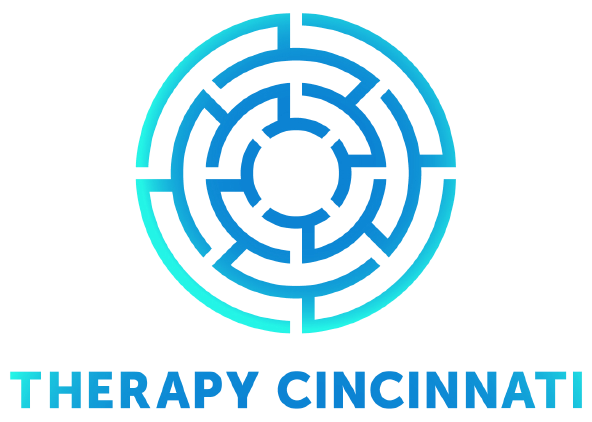Trauma is intensely physically and psychologically upsetting, and the emotional effects of trauma can be equally distressing. When the brain’s ability to protect itself and process information becomes hijacked through a traumatic experience, the mind can become emotionally dysregulated. As a result, many trauma survivors experience extreme difficulty understanding and processing the intensity of the emotions that their trauma elicited. The more frightening or unexpected a traumatic experience is, the more extreme and complex the resulting emotions surrounding the trauma will likely be. In this article, we will take a closer look at the emotional effects of trauma.
Anger – I feel repulsed. This isn’t fair. I should just move on from this, but I can’t! I’m too angry about it.
You have every right to be furious. Anger is a very common, normal, and valid emotion to have following a traumatic experience. Trauma triggers anger because trauma is violating in every sense, and it is completely justifiable to be outraged about vulnerability being exploited. While anger can initially be a healthy reaction to trauma, anger can become a traumatic emotion in and of itself. This is because anger often reminds the mind of the reason behind the anger, and in this way long-term anger can lead to re-living and re-experiencing the trauma mentally. If you are experiencing long term anger from trauma, know that re-traumatizing your mind will only make it harder to find healing. Through recovery, that anger can be processed and transformed into acceptance, advocacy, and ultimately, healing.
Shame & Guilt – I should never have trusted them. I must have done something to deserve this. Was it my fault? Could I have done something different?
The dehumanizing and degrading nature of trauma can distort someone’s self-identity and self-worth and leave victims of trauma. The idea that the trauma is the fault of the victim is one of the myths of trauma. The reality is that what happened to you was not your fault at all. There is absolutely nothing you could possibly have done that would warrant or justify what happened. No one ever deserves to be traumatized, over-powered, or have their no or resistance not respected entirely. Learn more about the truth behind this myth by seeing my earlier blog post Trauma vs. Truth – Myths About Trauma (Part 1)
Fear – I can’t trust anyone ever again. I’m scared of being alone, but I am also scared to be with someone. What do I do?
There is a very strong link between trauma, anxiety, and PTSD, and that link is fear. When trauma overpowers your natural ability to protect yourself, it is normal to feel powerless and afraid. Fear is a natural reaction when coping with the aftershock of a traumatic experience. You were not safe, but you can become safe again. Healing from trauma requires courage, so please do not lose heart. The fear will subside, and there are trustworthy people who are safe to partner with on your journey towards healing and recovery. You might be tempted to withdraw into isolation, but this will make things worse. If you are struggling with intense paralyzing fear, please do not suffer alone. Please contact us and we will help you re-establish and re-build your sense of security and safety.
Confusion – I can’t remember what happened, but I think something happened. I don’t remember much. I just have brief vague memories.
Confusion is another extremely common emotion to have after experiencing trauma. When a traumatic experience is specifically extreme, the mind can “shut down” as form of survival, and the mind can physically block memories it is unable to process as a form of psychological protection. If you suspect that “something” happened to you, then that is enough to work with. You do not need to remember or recall the details of what happened in order to experience healing. Whether your mind remembers what happened or not, the body has other memory functions. Your body remembers what happened even if your brain does not, and in this way, trauma memories can manifest itself in your life even if you don’t have many or any memories about what happened. Where you remember what happened or not, your body deserves the opportunity to heal.
How to emotionally heal from trauma
Trauma can leave invisible scars on the body, mind, and soul. These scars can manifest emotionally distressing feelings that can perpetuate the sense of powerlessness you might be experiencing. The road to trauma recovery takes time, and there is no one path that is right for everyone. Traumatic emotions are very complex and unique to each individual, but through specialized trauma recovery treatments that are therapists are trained in you have the power to transform each of these painful emotions into a more useful, helpful, and hopeful one, even if you cannot remember what happened. Healing and reclaiming power over your body, mind, and emotions, is possible. Please contact us for a consultation and take the next step towards healing today.

